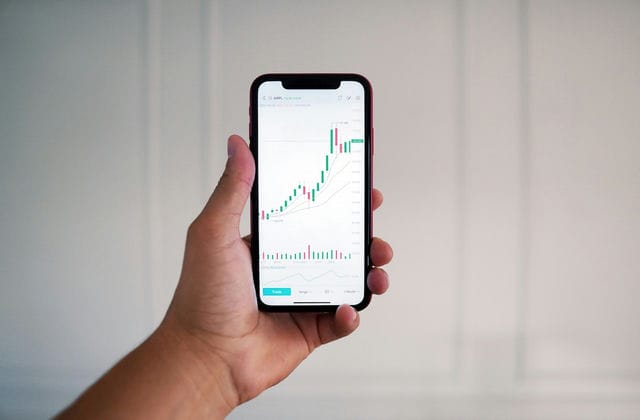As a way of investment and financing, funds are favored by more and more investors. Fund is a kind of indirect investment tool, which is very different from stock bond, futures, foreign exchange and other investment forms. Now let's get to know the Fund.
There are many fund products on the market now. By learning the relevant knowledge of funds, investors can help distinguish the types of fund products and choose the funds that are suitable for them.
What is a fund
1、 The fund refers to a collective investment mode in which the funds of many investors are pooled through the sale of fund shares to form an independent property under the custody of the fund custodian, managed by the fund manager, and invested in securities in the form of investment portfolio.
2、 Funds raise funds by issuing fund shares, and both individual investors and institutional investors can participate in fund investment by purchasing fund shares. The funds raised by the Fund are legally independent, and are kept by the initially selected Fund Custodian, while the entrusted Fund Manager conducts diversified investment.
3、The final income of the fund investment, after deducting the relevant expenses, shall be owned by the fund investor and distributed according to the fund share of the fund investor.
4、 Investors will enter into fund contracts when purchasing funds, and the rights and obligations of fund managers, fund custodians and fund investors will be specified in the fund contracts.
5、 When selling fund units, the fund company will provide investors with a prospectus, which mainly explains various aspects of the fund operation, such as the fund's investment objectives and concepts, investment scope and objects, investment strategies, fund fees and income distribution principles. Therefore, the Fund Contract and the Prospectus are two important legal documents for the establishment of the Fund.
6、 Different countries and regions in the world call funds differently. It is called securities investment fund in China. The funds for short are called mutual funds in the United States, unit trusts in the United Kingdom, collective investment funds or collective investment plans in some European countries, and securities investment trusts in Japan.
The fund is managed by a professional fund company and trusted by a bank, so it has the advantages of relatively low risk and relatively high yield, which is also the main reason why most investors choose the fund.

Five characteristics of investment funds
Fund is a kind of financial management method suitable for the public. Fund investment does not need to predict the market, nor do investors need to keep an eye on market changes.
Collective financing and professional management.
The fund is to gather the funds of many investors and entrust the fund manager to make joint investment, which shows the characteristics of collective financing. The collection of funds is conducive to giving full play to the scale advantage of funds, reducing investment costs, and the fund company has professional investment personnel and a strong information system, showing the characteristics of professional management
Portfolio investment and risk diversification.
In order to reduce investment risk, most countries stipulate in their laws and regulations that funds must be operated in the form of portfolio investment, thus forming the characteristics of portfolio investment and risk diversification
Benefit sharing and risk sharing.
The ownership of the Fund belongs to the Fund investors, so the remaining part of the investment income of the Fund after deducting the expenses borne by the Fund shall be shared by all Fund investors; The risks arising from the investment process are also shared by all investors
Strict supervision and transparent information.
The fund regulatory authority strictly supervises the fund industry and severely attacks various behaviors that are detrimental to the interests of investors. In the process of supervision, fund companies are also required to make timely, accurate and sufficient information disclosure. These are to protect the interests of investors
Independent trusteeship, capital security.
The last feature of the Fund is that the Fund assets are kept by an independent Fund Custodian. It is unlikely that the Fund Manager is responsible for both investment operations and fund custody. Such a mechanism of mutual restriction and mutual supervision is conducive to protecting the interests of investors





























